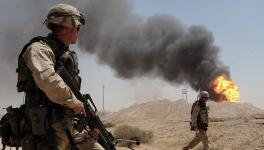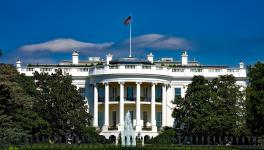The Iraqi Oil Conundrum: Energy and Power in the Middle East
The dream in those distant days was to strip OPEC -- the cartel consisting of the planet's main petroleum exporters -- of the power to control the oil supply and its price on the world market. As a reward for vastly expanding Iraqi production and freeing its distribution from OPEC's control, key figures in the Bush administration imagined that the U.S. could skim off a small proportion of that increased oil production to offset the projected $40 billion cost of the invasion and occupation of the country.
All in a year or two.
Unremitting Ambition Tempered by Political and Military Failure
Almost seven years later, it will come as little surprise that things turned out to cost a bit more than expected in Iraq and didn't work out exactly as imagined. Though the March 2003 invasion quickly ousted Saddam Hussein, the rest of the Bush administration's ambitious agenda remains largely unfulfilled.
Instead of quickly pacifying a grateful nation and then withdrawing all but 30,000-40,000 American troops (which were to be garrisoned on giant bases far from Iraq's urban areas), the occupation triggered both Sunni and Shia insurgencies, while U.S. counterinsurgency operations led to massive carnage, a sectarian civil war, the ethnic cleansing of Baghdad, and a humanitarian crisis that featured hundreds of thousands of deaths, four million internal and external refugees, and an unemployment rate that stayed consistently above 50% with all the attendant hunger, disease, and misery one would expect.
Get the latest reports & analysis with people's perspective on Protests, movements & deep analytical videos, discussions of the current affairs in your Telegram app. Subscribe to NewsClick's Telegram channel & get Real-Time updates on stories, as they get published on our website.
























